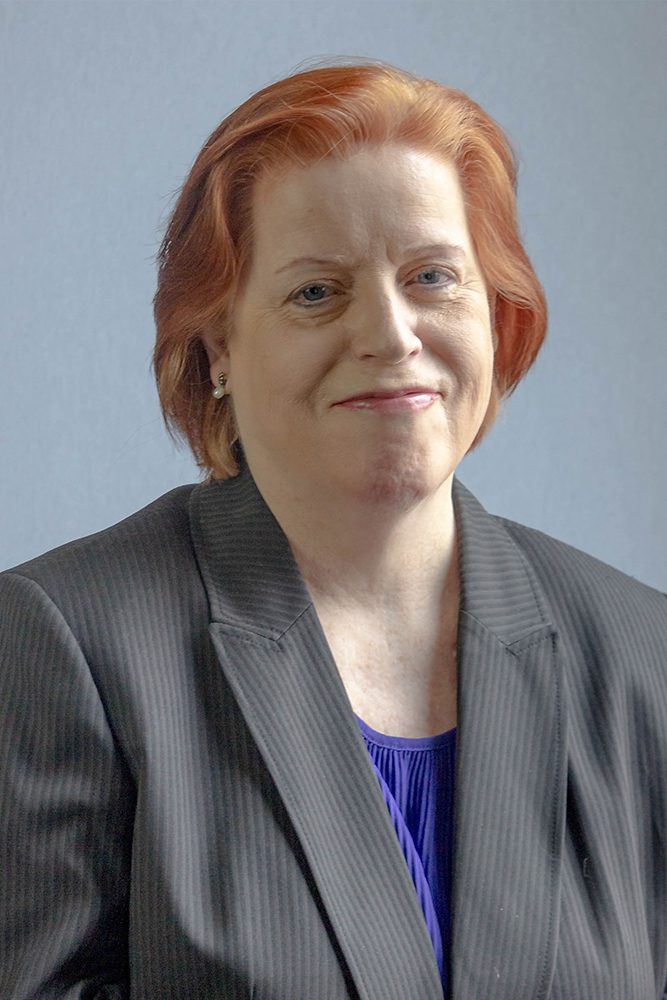In the general election on November 6, 2018, Missouri voters will have the opportunity to vote on several employment-related ballot initiatives. First, Missourians will decide whether the minimum wage in Missouri should be gradually raised from its current rate of $7.85 per hour to $12.00 per hour by 2023.
Missouri Proposition B, approved for the November 6 ballot on August 2, 2018, would increase Missouris minimum wage to $8.60 in 2019; $9.45 in 2020; $10.30 in 2021; $11.15 in 2022, and $12.00 in 2023. After 2023, the amount of the minimum wage would be determined by changes to the Consumer Price Index for Urban Wage Earners and Clerical Workers. Government employers would be exempted from the minimum wage increase.
Proposition B also would increase the penalties on employers who pay workers amounts below the minimum wage. Employers would be required to pay underpaid employees the full amount of underpayment and an additional payment equal to twice the underpaid wages.
Also on the ballot are three initiatives relating to the legalization of marijuana, two seeking to amend the Missouri Constitution, and one seeking to amend Missouri law.
The two constitutional initiatives, the Missouri Medical Marijuana and Biomedical Research and Drug Development Institute Initiative and the Missouri Medical Marijuana and Veteran Healthcare Services Initiative, ask voters whether the Missouri Constitution should be amended to allow the use of marijuana for medical purposes, and to create regulations and licensing procedures for marijuana and marijuana facilities. The difference between the two initiatives is the amount of taxes imposed on the sale of marijuana and how the revenue raised from those taxes would be used. The Missouri Medical Marijuana and Biomedical Research and Drug Development Institute Initiative would impose a 15 percent tax on the retail sale of marijuana, as well as a tax on the wholesale sale of marijuana flowers and leaves per dry-weight ounce to licensed facilities. The revenue raised would be used to establish and fund a state institute to research cures and treatment for cancer and other incurable diseases and medical conditions. The Missouri Medical Marijuana and Veteran Healthcare Services Initiative would impose a 4 percent tax on the retail sale of marijuana, to be used for health and care services for military veterans by the Missouri Veterans Commission and to administer the program to license and certify and regulate marijuana and marijuana facilities.
The other marijuana-related ballot initiative is the Missouri Medical Marijuana and Veterans Healthcare Services, Education, Drug Treatment, and Public Safety Initiative which would amend Missouri law to remove state prohibitions on personal use and possession of medical cannabis with a written certification by a physician who treats a patient diagnosed with a qualifying medical condition. It would also remove state prohibitions on growth, possession, production, and sale of medical marijuana by licensed and regulated facilities, and a facility’s licensed owners and employees. If passed, the law would impose a 2% tax on the retail sale of medical marijuana and use the revenue from the tax for veterans’ services, drug treatment, early childhood education, and for public safety in cities with a medical marijuana facility.
Any or all of the marijuana-related ballot initiatives could pass in November. If passed, Missouri will become the 31st state to legalize medical marijuana use. If both constitutional amendments pass on the same ballot, the one with the higher vote total is the winner. The organizer of the Missouri Medical Marijuana and Biomedical Research and Drug Development Institute Initiative, Springfield doctor and attorney Brad Bradshaw, filed two lawsuits on August 10, 2018, seeking to remove the other two initiatives from the November ballot. Bradshaw alleges that the two initiatives did not have a sufficient number of valid signatures to be placed on the ballot in November. Whether his claims will be heard before November remains to be seen.
What is the effect on employers if any of the ballot initiatives pass? Even if the use of medical marijuana is legalized, employers will still be able to prohibit marijuana use, possession or impairment that occurs on work premises or during work time. It is also likely that employers will be able to test for marijuana and deny employment to applicants who test positive for the drug.
The St. Louis employment attorneys at McMahon Berger have been representing employers across the country in labor and employment matters for over sixty years and are available to discuss these issues and others. As always, the foregoing is for informational purposes only and does not constitute legal advice regarding any particular situation as every situation must be evaluated on its own facts. The choice of a lawyer is an important decision and should not be based solely on advertisements.
